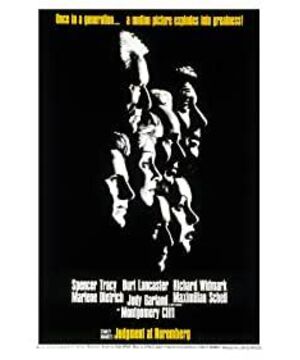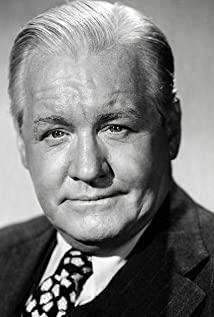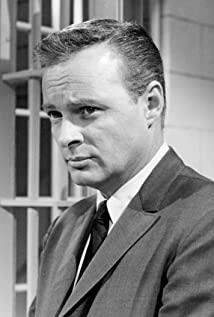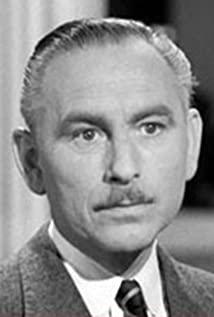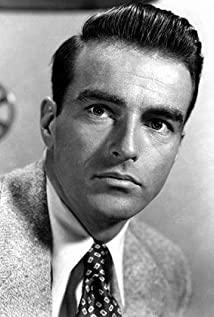Emil Hahn
Friedrich Hoffstetter
Wanner Lamper
Ernst Janning
Judge Haywood
Herr Rolfe
Col first asked Janning’s teacher Dr. Wieck:
Janning’s teacher discussed the changes in the status of German judges before and after 1933: before it was completely autonomous, afterwards it was maintained The state is supreme, the power of appeal is limited, and race enters the law as a concept. Then discuss the changes in criminal law: the increase in the death penalty.
Fuehrer's Decree 1935: It required judges to wear the insignia of the swastika on judges' robes.
Herr Rolfe then asked:
1. The domestic situation: hunger, disunity, communism, and National socialism is conducive to improving these conditions?
Answer: Yes, but at a terrible price.
2. Because Janning's teacher was not in administration during 1935-1943, Herr Rolfe questioned whether he really understood the real situation of administration during this period.
3. Sexual insterilization: not made by national socialism, but made for dealing with the mentally incompetent and the criminal many years before. And it is also applicable in other countries.
But Wieck still believes that this is the invention of NS, because this law has never been used to eliminate political opponents before.
4. Questioning whether Wieck swear to the Civil Servant Loyalty Oath of 1934
was adjourned for the second time. Haywood met Mrs. Bertholt, the original mistress who came back to fetch things, and talked with the original servant about daily life in the Third Reich.
The third court session:
Regarding sexual insterilization: The plaintiff found a witness who was sentenced to sterilization. Herr Rolfe questioned the witness's mental state and tried to justify his sterilization.
Heywood's communication with Mrs. Bertholt, regarding their attitude towards Hitler, they hated each other with Hitler, Hitler was jealous of Mrs. Bertholt's husband’s status as a senior officer, and his marriage to a nobleman. He also talked about Janning's face-to-face blocking of Hitler in order to protect his wife.
The fourth court session:
Colonel Lawson found the case of racial pollution, Nazi accused a Jewish businessman of having an affair with a non-Jewish girl, the Jewish businessman was sentenced to death, and the girl was sentenced to two years in prison for perjury. Then it plays the video data of Lawson taken in the concentration camp in 1945.
The fourth court session:
The female cleaner at the time was summoned to prove that the Jewish businessman Fildesstin had an abnormal relationship (kissing, sitting on the lap) with the non-Jewish girl Hoffman (Mrs. Wallner). Lawson asked the political status of the female cleaner as a Nazi. Herr Rolfe forced Mrs. Walner to appear in court again, but Janning stopped her.
After the adjournment, in the conversation between Herr Rolfe and Janning, Herr Rolfe strongly expressed that he did not want the Americans to seize the handle of the Germans and stay in Germany as if they occupied Nagasaki and Hiroshima.
The fifth hearing:
Ernst Janning pleaded guilty in a speech and also sued the German judge who was also in the dock. He stated the desire for revival of Germany at that time and his own patriotism, and in this context, he reinterpreted the meaning of the Jewish merchant case at the time. His confession came from his righteous heart, so he could not forgive himself. Not many Germans know what happened to the Jews and concentration camps because they don’t want to know.
Herr Rolfe then defended. He accused Russia, the Vatican, Churchill, and the American industrialists who supported Hitler in launching the war and consolidating his power and status. If Germany is guilty, then the world that supports him and the world that knows its intentions is guilty. It's hard to escape guilt.
During the adjournment, Colonel Lawson argued with another military officer who wanted Lawson to abandon criminalizing the German judge because the United States and Europe needed the cooperation of the Germans, and this needed the help of the German leader. Lawson questioned the meaning of the war and what it was for.
Sixth court session:
Lawson concluded his speech, this is the dilemma of our times, and all this is left to Judge Heywood to make the decision. The last part of the defendants made their final self-report and retrial for not to be guilty for the motherland and its legal services.
Seventh hearing (eight months later):
Simple murders and atrocities do not constitute the gravamen of the charges in this indictment. Rather, the charge is that of conscious participation in a nationwide, government-organized system of cruelty and injustice, in violation of every moral and legal principle known to all civilized nations.
The principle of criminal law in every civilized society has this in common: Any person who sways another to commit murder, any person who furnishes the lethal weapon for the purpose of the crime, any person who is an accessory to the crime is guilty.
Human Value is the final cornerstone of judgment.
Whether a person's behavior in a certain period is beneficial to the country is left to history and future generations to judge.
The defendants were all sentenced to life imprisonment.
Herr Rolfe met with Heywood before he left and said that the defendants would be released within five years. Heywood praised Herr Rolfe for his excellent logic during the trial, but said, what is logical is not always right.
Heywood and Janning met in prison. Janning agreed that Heywood gave a fair trial, but he emphasized to Heywood that he really did not Knowing that it will develop to the result that millions of people suffer inhuman treatment. But Heywood responded by saying:
It came to that the first person you sentenced to death that was innocent.
The Nuremberg trials held in the American zone ended July 14, 1949. There were 99 defendants sentenced to prison terms. Not one is still serving his sentence.
View more about Judgment at Nuremberg reviews


